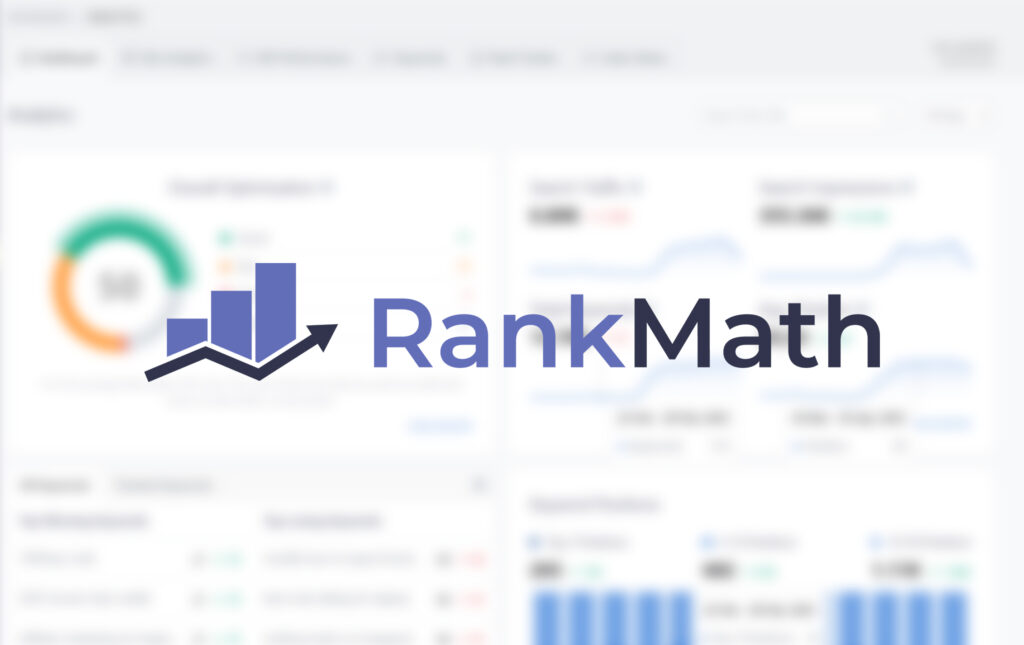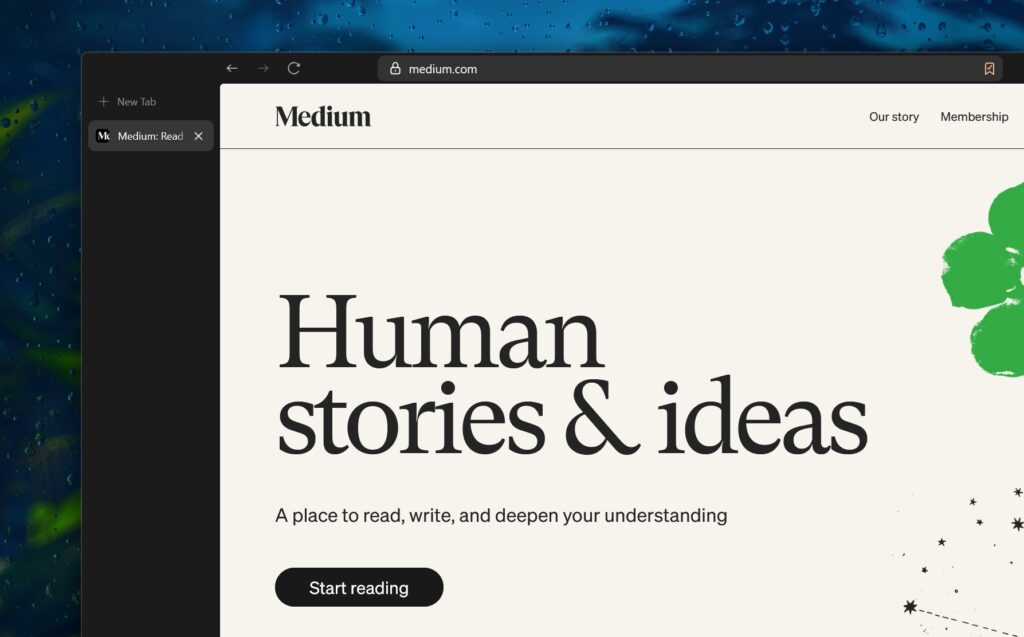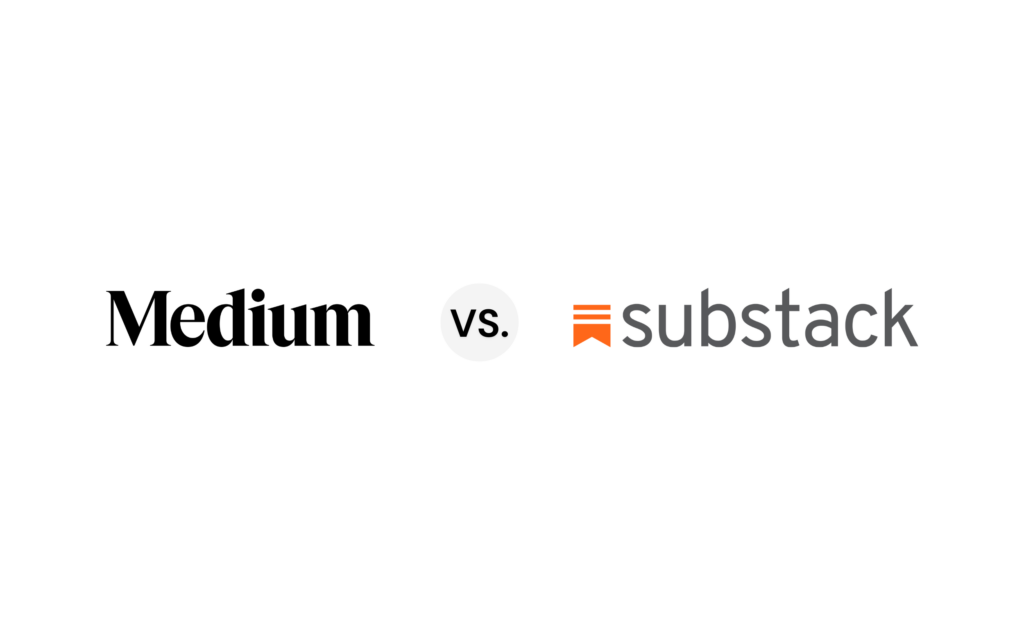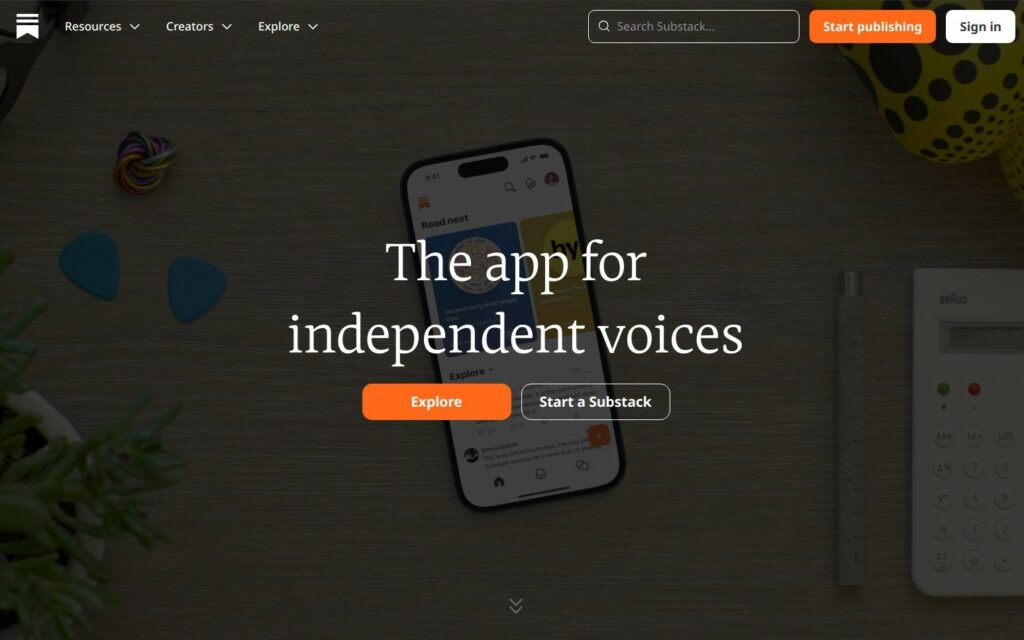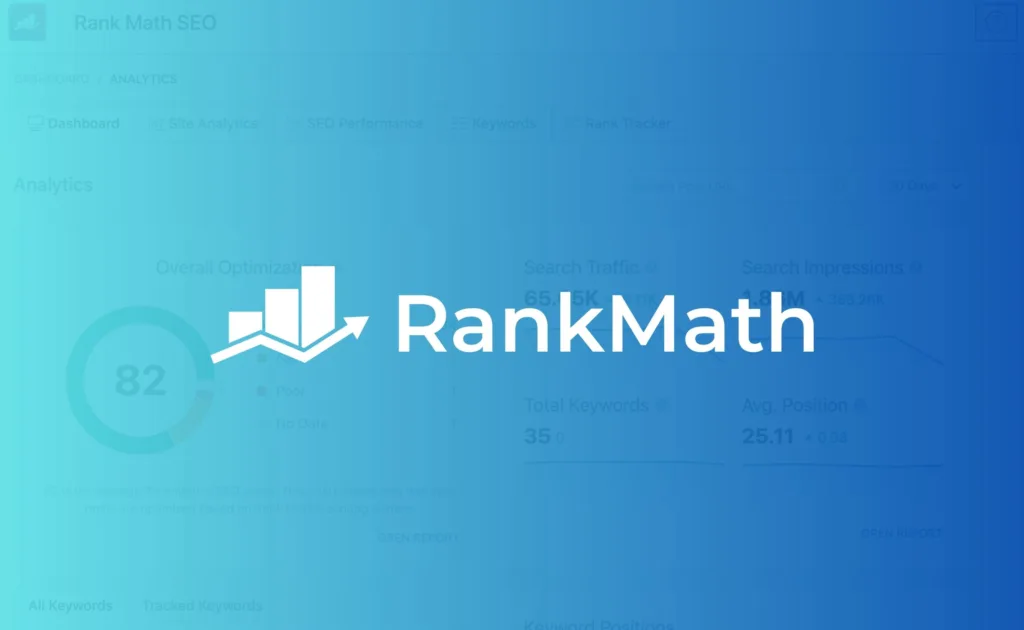It doesn’t matter if you’ve just started blogging, thinking of creating a blog, or even working as a full-time blogger in the near future, there are some important things you need to know that other professional bloggers avoid talking about.
Let me start by saying that I’ve been working as a full-time blogger for over 15 years now. In that time, I’ve made tons of mistakes, some of them messing with my blog’s revenue. As a full-time blogger, I had to rely on my blog all of those years to pay for all the company’s and personal expenses, as it was my biggest source of income.
Many bloggers are suggesting that creating your own blog, building an audience, and publishing content for a niche that you love and know very well is a great way to start making money online, but I’ll beg to defer. Blogging is not easy, it can become expensive, stressful, complicated, and many times you’ll have to search for hours or days until you find the right answer. Other times, you may even have to run your own experiments and see your income get lower as you try to find the best ways to earn even more money.
Although you can make from a few bucks to millions of dollars from a blog, it’s not as easy as it sounds, and you’ll have to spend a good amount of time creating unique, SEO-optimized, and high-quality content that attracts visitors. If you don’t have the budget for a web developer to maintain your blog, you’ll have to learn everything related to SEO, Core Web Vitals, configuring the server’s settings for better performance, install the most important plugins, compress your images and convert them to WebP or AVIF formats, and so much more.
Blogging is not an easy way of making money, and many full-time bloggers will agree with that.
1. Blogging can become expensive
A blog needs two things; A domain name and a web hosting (server). Domain names are cheap, priced from $5 to $20 for a common domain extension such as .com, .eu, .co, etc. Web Hosting plans on the other hand may differ a lot, based on the company and what it is providing. Most new blogs can start by spending less than $100 per year to host their content, but the more traffic and the bigger it gets, the more resources it will need to run on the server.
That means that as your blog gets bigger and bigger, you’ll have to invest more money in stronger and more powerful servers. Most websites with high traffic are currently hosted on Dedicated servers, while some prefer the Cloud Hosting approach, as it’s faster but more expensive. Thankfully, there are many great web hosting companies that have flexible pricing, which means that you can upgrade your hosting as your website gets bigger with a few clicks.
I’ve talked about choosing the best web hosting for your needs in a preview article, but it’s important to learn everything about the CPU, RAM, Disk space, Bandwidth, and Inodes a hosting company is providing to its plans before deciding where to go. Some companies may have limitations that may drive you to upgrade your plan sooner than you’ll have to, so make sure you do good research.
With that in mind, you can start with one of the cheapest WordPress Hosting plans from Hostinger, which is one of the most popular web hosting companies in the world. Thanks to their optimized plans, clients can have fast websites that use limited resources than traditional web hosting consumes, and the latest technology when it comes to LiteSpeed. All of their plans are also flexible, making the upgrade to a bigger plan easier than ever before.
With Hostinger’s cheapest plans, you can basically start a strong and professional blog with less than $100 per year, which is pretty neat. The company is known for providing cheap prices to its new customers, so make sure you’ve chosen the right one and paid for at least 2 years to get an even better monthly price. The same hosting plan may also include a free domain name, so make sure you check that too.
A blog will need a theme (also known as ‘templates’ or ‘pre-made designs’. You can start with a free one, but most of them lack features, support, and advanced optimizations. You can purchase a premium theme from marketplaces such as ThemeForest and Creative Market, which is a great way to get started with a professional-looking design. A premium theme will cost you between $30.00 to $60.00, with a few exceptions, and you’ll also get a few months or a year of free support from the theme’s developers for theme-related issues.
Our maximum budget for starting a blog with cheap but fast web hosting, a domain name, and a premium theme is now priced at $160.00.
Next, as a website owner, you may have limited time for your blog, which begs the question; Do you have enough time to learn everything related to optimizing your blog for search engines? If the answer is ‘no’, or you simply want to start with the best possible SEO-optimized blog, then a few important plugins are necessary. Rank Math SEO is probably the best SEO plugin for WordPress, and if you’re looking at using all of its conditional, that will cost you around $6.99 per month (billed annually and excluding the VAT).
Speed is also important, as Google has mentioned that Core Web Vitals are now a ranking signal and something that developers should take seriously. You can use speed optimization plugins such as the WP Rocket ($59.00 per year) or FlyingPress ($60.00 for the first year, $42.00 per year after), both of which also provide a CDN service for even more speed, but it costs even more.
We’re now at a minimum budget of $300 for getting started with a new blog, and that’s without including the monthly pricing of a CDN service, which may cost around $5,00 to $10,00. That’s the price of starting by yourselves, so you can figure out the price for a professional web developer to design your new blog – spoiler alert; It’s high.
There are many other things that you may need for your blog and you may have to add them to your total budget, including the logo design, additional premium plugins, pro versions of SEO tools for your marketing strategy, and more based on your needs.
2. Investing in months of work is crucial
Before making a company of my blog, I had to spend the first 7 months writing two blog posts per day, and spending up to 9 hours of writing every Sunday. I monetized all my content with affiliate links from the beginning, and after publishing my first 40 posts, I submitted my blog to Google AdSense, which a couple of days later started to display ads.
In the first seven months, the blog made a total of €25.57 from Google AdSense, and almost $300 from affiliate sales, which was great because the blog made its hosting, domain name, and everything else I was using for it, including premium WordPress plugins and themes. In the second year, the blog started to make between $300.00 to $450.00 per month from AdSense, while affiliate sales hit bottom rock, with a total revenue of $68.00.
The thing is, Google, Bing, and other search engines won’t start promoting your content in their results or even displaying it in top places, just because it’s new and has no backlinks or mentions. And yes, the same goes for high-quality and SEO-optimized content. With that in mind, you will also have to spend a lot of time designing and customizing your blog’s design, creating your basic pages and categories, creating social media pages, etc.
If you’re looking to increase your SEO even further, writing and publishing guest blog posts to other similar blogs is still important, so make sure you’ve added that to your blog’s to-do list. I know guest posts are a big investment when it comes to blogging, but external backlinks from websites with a similar or the same niche will help your rankings increase.
Blogging takes a lot of time, so don’t expect to make money from the beginning. But that shouldn’t keep you from monetizing your content from the start, as I made my first affiliate sale in the first month of starting my blog, so you never know who will be interested in purchasing what you’re recommending. To start increasing the money you get from displaying ads, you’ll have to increase your daily traffic by a lot, so starting with affiliate marketing sometimes is a better idea.
3. Blogging can be stressful for full-timers
Full-time bloggers can’t disagree with one important aspect of blogging; It can become really, really stressful. Think about it, you’re a full-time blogger and your whole income comes from your blog. You use this income to pay for your rent, electricity, other house or personal bills, hosting, domain name, other blogging tools that you’re paying, and for basic things such as food, gym, hobbies, etc. You may also be a mother or a father, which adds extra monthly expenses.
Now think about having a 70% drop in your revenue just for the last 7 days. That’s bad, that’s really bad. Maybe some of the changes you made a week ago? Maybe it’s the new ads that you placed or the changes that you made to your ads. Or, maybe it’s just a low-income week and people didn’t search a lot.
Whatever it is, you’ll be the only person who has to figure out what the heck is going on and why is your blog losing money. And believe me, there’s a whole list of things that you’ll have to check, re-check, and make sure you found the right solution. Have no clue? Good luck finding a professional who isn’t going to ask you to pay a fortune for all of his/her work hours.
Then there’s the thing with the traffic, which can easily drive you crazy. Think about having a sudden drop in traffic for the last 30 days, this means your revenue is also lower than it should, and something’s probably going wrong. But what? Maybe it’s an algorithm update? You visit Google’s blog, but you don’t see any big changes. You then check your analytics, keywords, and search results for lost positions, but none of those have been affected.
Maybe it’s a drop from your social media pages, or you don’t get as much referral traffic as you did in the previews 30 days? Whatever it is, you’ll have to find out what’s going on and apply a solution as soon as possible. And when you can’t find a solution, things can get pretty stressful, especially when you’re losing money because of the low-traffic drop.
Editor’s Note: For those unexpected moments, try asking for help in known forums and communities, including on Reddit, Facebook groups, WordPress Forum, and for coding on StackOverflow.
4. We write mostly about popular topics that get clicks
When you blog as a full-time blogger, seeing your statistics keep increasing is one of the most important things. While you can keep sharing and promoting your content through social media, organic search (or the visitors you get from Google, Bing, and other search engines) is more important. You can write the best, highest-quality, unique, and most advanced blog posts in the world, but if no one is searching for them, no one will read them.
There are many things that we think people will actually care about and will start reading, but most of the time we’re wrong. Just by looking at the most trending searches on Google Trends, you can immediately see that the number of people searching for your niche isn’t as many as you may have thought. And that’s a big problem if you want to make money from your blog, because the more visitors you get, the more money you’ll earn.
If you’re just starting out, think about starting with the most trending topics in your niche. By doing that you’re making sure that you’ve already published the most popular posts of your niche and you can then keep maintaining the flow of publishing new articles by covering everything else. Focus on what most people are searching for in your niche, and make sure you’ve written and published high-quality and unique content for the most popular keywords.
For example, if you’re a food blogger, start with the most popular recipes and the ones most people are searching for. If you’re a travel blogger and you’ve already traveled in five countries, do research and check which country has more searches, what people are asking, and other important information. If you’re a tech blogger writing reviews for apps, start with the most popular and downloaded apps found on Google’s Play Store and Apple’s Appstore.
There are many tools and platforms that you can use to make your life a whole lot easier and start researching about what’s popular in your niche. Check out TechWise Insider’s Tools & Resources page to find awesome tools that do awesome things.
5. Sometimes you’ll have to start over
More or less, most of the full-time bloggers that you’re reading every day have failed in one or another way during their learning curve. Some of us have failed more than once, and that’s okay because failing means that you get better at what you’re doing and improving your skills. Before starting my own company, I had failed with three blogs, and maybe some more, but that didn’t stop me from keeping my head up and ultimately succeeding by starting my own company.
“Maybe it’ll be better if I just deleted everything and started from scratch,” a client told me while we had a meeting a few weeks ago. “It would be so much easier to just start from the ground up, you know? I now know exactly what I have to do to start the right way, and not go and edit anything from the beginning”, she continued.
Thinking about it, I wouldn’t be able to create a passive income from my newest blogs if I hadn’t failed a couple of times in the past. And while you can absolutely avoid making the same mistakes as most of us did, and go straight to creating a professional and profitable blog on your first try, don’t be afraid of failing, it’s the experience and knowledge that will help you move ahead.
But what if you already have a blog with a vast amount of published articles, but it just can’t get where you want it to be? In that case, you have two choices; You either start researching and checking all the issues with your current strategy or move on with another blog. As I said, I failed with my first three blogs, and I am happy I deleted the whole thing and started over from scratch. Somehow, it made me feel more positive having all those new skills and knowledge that I got from the blog, and starting from scratch looked like a better idea.
There are many things that you’ll need to consider. If you’re going to keep your current blog and content, you should absolutely check your marketing strategy. In addition, you should also make sure that your blog is not having any problems by looking in Google’s Search Console and Bing’s Webmaster Tools for any common errors, duplicated issues, or anything that may prevent your pages from appearing in search results or resulting in lower rankings.
Overall, blogging can be cheap, quick, and easy if you’re going for a personal blog. But if you’re looking at making money and becoming a full-time blogger, things may get a bit more complicated, expensive, and time-consuming.
Is it worth it? Yes, as most full-time bloggers will tell you. Blogging is awesome, as it helps you improve your writing skills, gain more knowledge on how websites work, meet and collaborate with other content creators, and even start working with advertising companies.
What do you think is the most difficult thing about blogging and what were your biggest mistakes when you started? I’d love to hear all about your experiences and thoughts in the comment section at the end of this post.
Uh, oh! Legal stuff! Yikes.. Yet important! Affiliate Links Disclaimer: Many of the links on my articles are affiliate links. That means if you click on one and make a purchase, I might earn a small commission, and I'll keep doing what I'm doing, reviewing everything with absolute honesty. Sounds good? Good.


